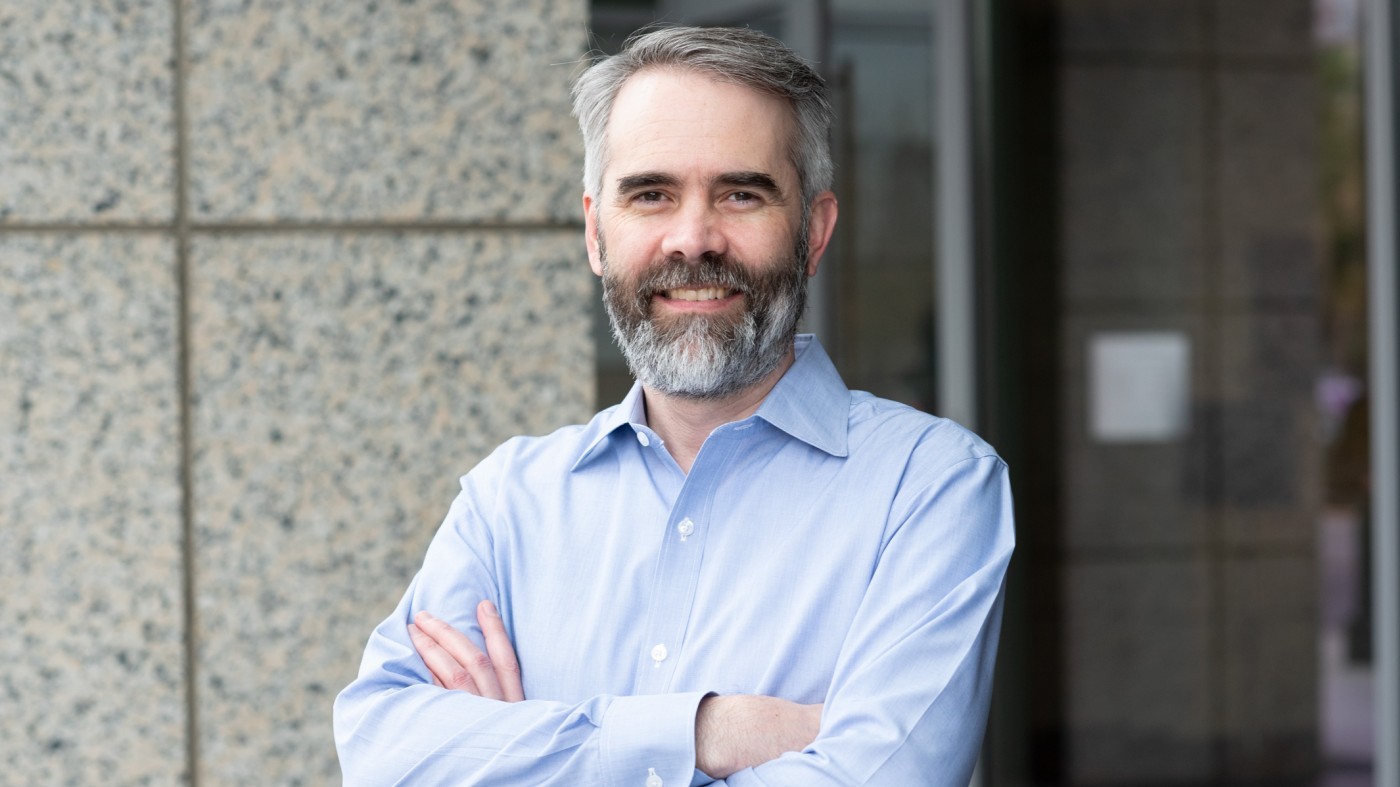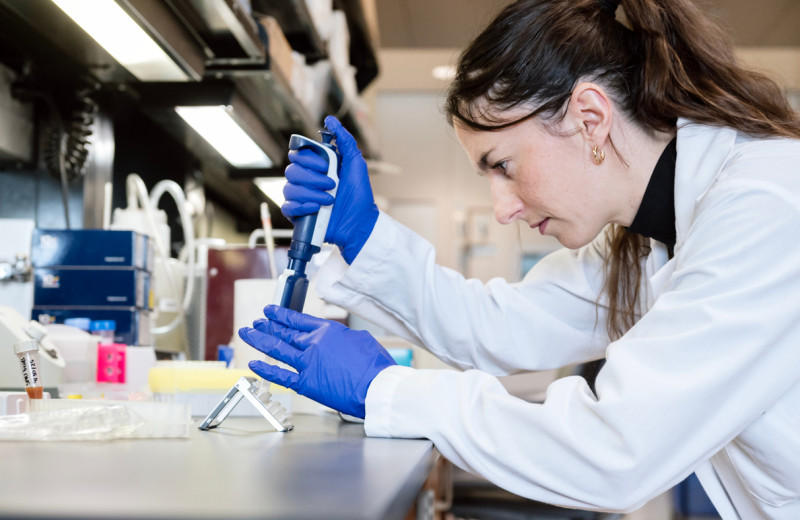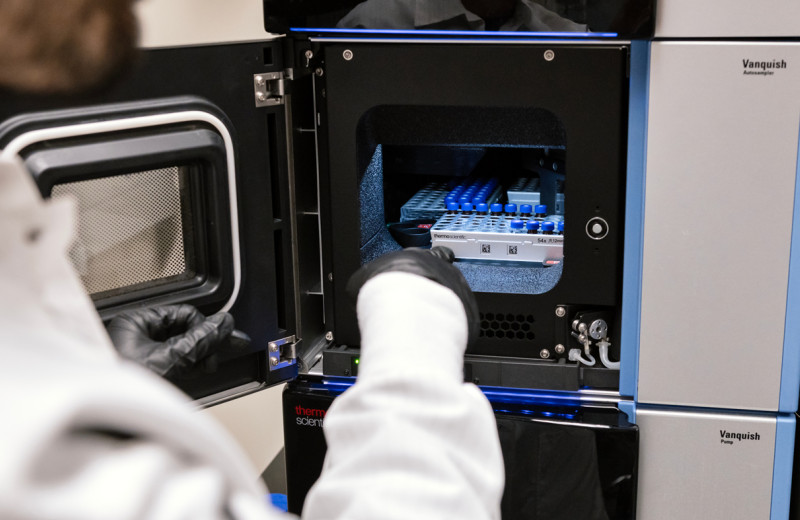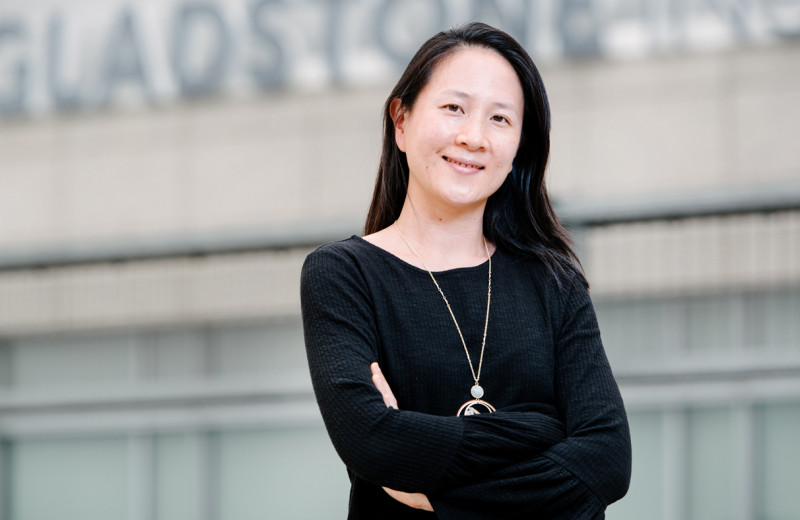Gladstone NOW: The Campaign Join Us on the Journey✕

Gladstone Bioinformatics Core Director Alex Pico, PhD, is using data science tools to understand the novel coronavirus.
In response to the COVID-19 pandemic, the Bioinformatics Core staff are turning some of their effort toward understanding the novel virus. By leveraging the power of WikiPathways and joining an international team of collaborators, the core staff hope to contribute to fundamental discoveries about the virus and its pathological mechanisms. And now, you can lend your own expertise to further these projects.
One of the ongoing WikiPathways projects involves extracting pathway knowledge from published figures. The Bioinformatics team applied this tool to thousands of coronavirus-related articles that have been collected into a publicly available data set called CORD-19. In doing so, they identified 221 published pathway figures and extracted 4,818 gene mentions from these figures. You can help by further mining the CORD-19 data set or exploring the extracted figures using an early (unpublished) release of the team’s pathway figure viewer tool.
In addition, the Bioinformatics staff have joined an international collaboration coordinated by the Luxembourg Centre for Systems Biomedicine. This collaboration seeks to map COVID-19 host-pathogen interactions and construct COVID-19 disease maps. If you have relevant biological pathway knowledge, in particular expertise in viral infection, immune responses, and pathological responses, your participation would be welcomed.
For Media
Julie Langelier
Associate Director, Communications
415.734.5000
Email
About Gladstone Institutes
Gladstone Institutes is an independent, nonprofit life science research organization that uses visionary science and technology to overcome disease. Established in 1979, it is located in the epicenter of biomedical and technological innovation, in the Mission Bay neighborhood of San Francisco. Gladstone has created a research model that disrupts how science is done, funds big ideas, and attracts the brightest minds.
Support Discovery Science
Your gift to Gladstone will allow our researchers to pursue high-quality science, focus on disease, and train the next generation of scientific thought leaders.
New Tool Reveals the Secrets of HIV-Infected Cells
New Tool Reveals the Secrets of HIV-Infected Cells
Developed by Gladstone scientists, HIV-seq could uncover new opportunities for treating HIV.
News Release Research (Publication) HIV/AIDS Infectious Disease Roan LabVitamin B3 Therapy Offers Hope for Fatal Childhood Disease
Vitamin B3 Therapy Offers Hope for Fatal Childhood Disease
A new framework that matches vitamins with genetic diseases helped uncover that high-dose vitamin B3 can dramatically extend survival in mice with NAXD deficiency.
News Release Research (Publication) Rare Diseases Jain LabGladstone Scientist Nadia Roan Elected to American Academy of Microbiology
Gladstone Scientist Nadia Roan Elected to American Academy of Microbiology
Roan has made great strides in understanding how persistent viruses including HIV cause disease and how immunity to viruses shapes human health.
Awards News Release COVID-19 HIV/AIDS Infectious Disease Roan Lab



